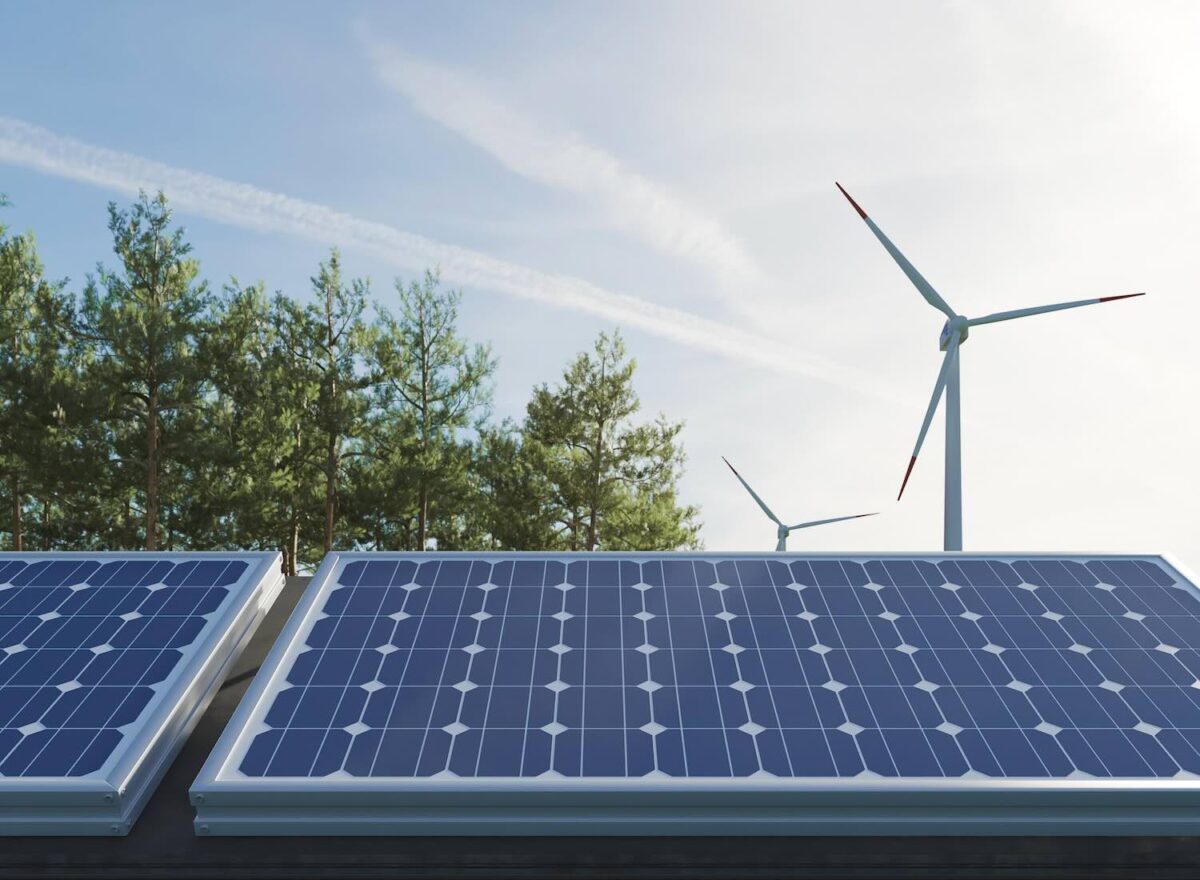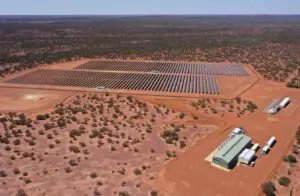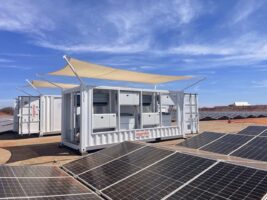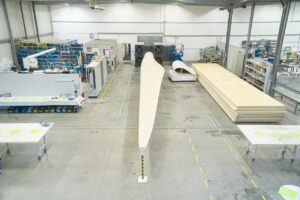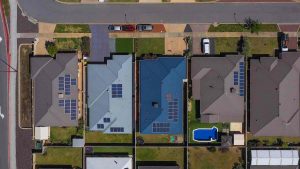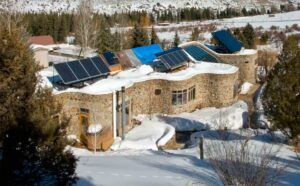The International Renewable Energy Agency (IRENA) describes the need for a “systemic shift away from fossil fuels” of terawatt-scale deployment this decade in order simply to meet the global target set at the COP28 conference held in Dubai in December.
More than 100 countries pledged at the 2023 United Nations Climate Change Conference (COP28) held in Dubai late last year to triple global installed renewable energy generation capacity to at least 11TW by 2030.
However, a new IRENA report published on the sidelines of the Berlin Energy Transition Dialogue this week determines that, while a tripling of renewable energy capacity is “technically feasible and economically viable”, it depends on overcoming systemic and structural barriers to the energy transition that are impeding progress.
Unfortunately, despite record renewable energy growth in 2023 – with 473GW added to the global energy mix last year – the energy transition remains off track, with an additional 7.2TW of renewable power needed by the end of the decade – around 1.1TW each year.
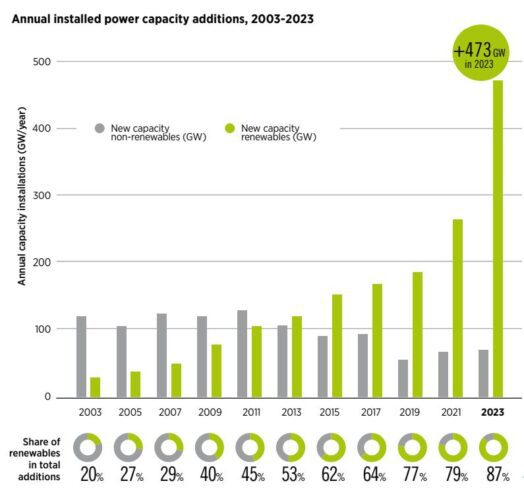
“In the wake of the historic UAE Consensus on tripling renewables at COP28, these capacity additions – despite setting a new record – clearly indicate that achieving the target is far from guaranteed,” said Francesco La Camera, Director-General of IRENA.
“Our data confirms that progress continues to fall short, and the energy transition remains off track. We urgently need a systemic shift away from fossil fuels to course-correct and keep the tripling goal within reach.”
With annual clean energy investment required to surge from $US570 billion in 2023 to $US1,550 billion on average between 2024 and 2030, the consensus target will remain increasingly out of reach without urgent policy intervention.

Countries that are considered part of the G20, for example, must increase their renewable energy capacity from under 3TW in 2022 to 9.4TW by 2030 – accounting for 80% of the global total.
When looking specifically at individual technologies, only annual solar PV additions are currently on track with IRENA’s 1.5°C Scenario. Annual wind energy additions lag well behind where they need to be, as do most other technologies.
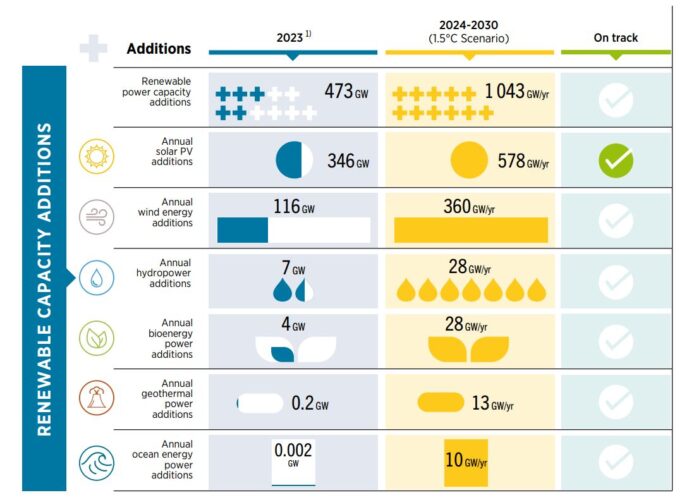
Similarly, the pace of electric vehicle (EV) adoption and deployment of hydrogen electrolysers are lagging considerably behind.

The problem is not limited to a lack of renewable energy capacity. Considerable progress is required to increase investment in infrastructure and system operation, while updated policies and regulations – including streamlining permitting – are vital to foster the necessary growth. IRENA also highlights the need to strengthen supply chains.
And while the lion’s share of this decade’s efforts must come from the so-called First World, the report also calls attention to the disproportionately low levels of investment seen in developing countries.
In 2023, energy transition related investments reached a record high in excess of $US2 trillion but emerging markets and developing economies accounted for just over half of this investment.
According to IRENA, 120 developing nations attracted only 15% of global renewable investment, with Sub-Saharan Africa receiving less than 1.5% – despite being home to the highest share of energy-deprived populations in the world.
At the same time that governments and business need to be scaling up investment in clean energy, the fossil fuel industry continued to receive massive levels of subsidies – $US1.3 trillion in 2022 alone, a figure which, if redirected, would account for the annual investment needed for to a threefold increase in renewables by 2030.

